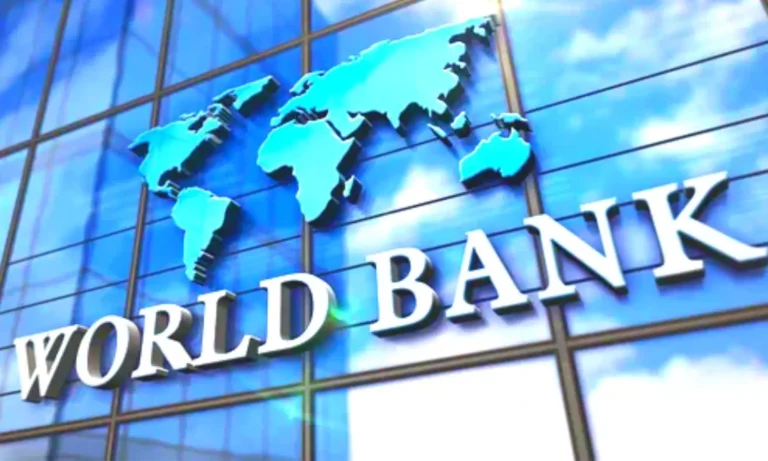The World Bank has urged the Nigerian Government to address key constraints hindering private sector growth in Nigeria, stating that reforms in critical sectors could unlock billions of dollars in investments and create thousands of jobs.
Speaking at the Country Private Sector Diagnostic and Stakeholder Engagement in Abuja on Thursday, the World Bank’s Country Director for Nigeria, Dr Ndiame Diop, reaffirmed that Nigeria remains the largest economy in Africa despite the challenges facing its private sector.
He, however, noted that the country receives minimal foreign direct investment compared to its potential and lags behind countries like Indonesia and South Africa.
“That’s true despite all the challenges that the private sector faces in Nigeria. And that’s true despite the fact that Nigeria receives very little FDI compared to its potential and compared to a country like Indonesia and South Africa,” Diop said.
While noting that the final CPSD report would be released in a few weeks, he stressed that removing obstacles to private sector participation could significantly boost economic growth.
“Now just imagine if some actions were taken to remove challenges, and obstacles that the private sector is facing in many areas. Just imagine where the economy will go. Now, this is the right time to really address these constraints that the private sector is facing,” he stated.
Diop said that the timing was right due to the bold economic reforms implemented over the last two years to stabilise the economy.
“With macro stability, with this exchange rate market and access to FX being much, much more available than before, and in general, the investment environment has already improved quite significantly from a macroeconomic perspective.
“Now, this is the time to leverage that improved macroeconomic environment by doing sector reforms that will unlock investment and create jobs,” the report by Punch newspaper on Friday quoted Diop as saying.
According to him, targeted reforms in four key sectors—ICT, agribusiness, solar energy, and pharmaceuticals— can unlock over $20 billion in investments and create more than 600,000 jobs.
“There are many other sectors where Nigeria can actually invest more, create more jobs, and create more prosperity. But let’s look at these four. If you take the right actions and remove constraints in these sectors, you will unlock massive investments,” he added.
GIK/APA


